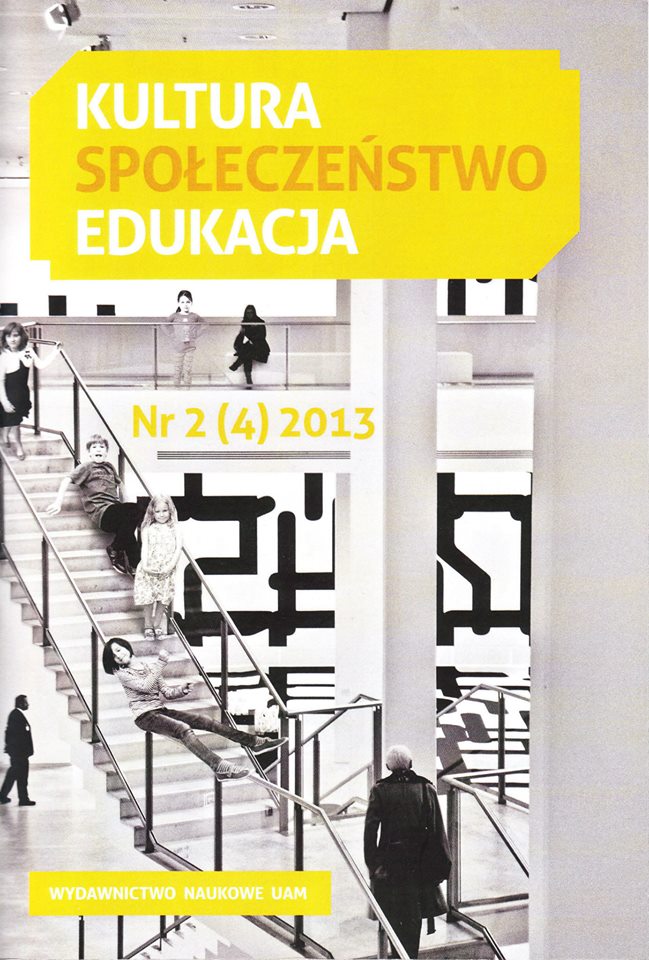Uwarunkowania sympatii wobec PJN i RP w badaniach postaw politycznych studentów
Conditioning of Appreciation Towards PJN and RP in Studies of Students’ Political Attitudes
Author(s): Barbara Jankowiak, Piotr Pawełczyk, Anna GulczyńskaSubject(s): Politics / Political Sciences, Social Sciences, Sociology, Government/Political systems, Electoral systems
Published by: Uniwersytet im. Adama Mickiewicza w Poznaniu
Keywords: political attitudes, students; Poland Comes First; Palikot’s Movement (Your Movement); Paweł Kowal; Janusz Palikot
Summary/Abstract: The aim of the following work is to analysis the results of survey concerning the structures and conditioning of students’ political attitudes. The factors which create appreciation to two political parties, Palikot’s Movement (presently Your Movement) and Poland Comes First and their leaders, were shown. The assessment of sympathy towards the parties was made in orderto find out if it is not related with the political organizations from which the leaders come (Civic Platform and Law and Justice). The issue of emotions was also analysed since they are important elements of the attitudes, as well as they form them. The studies associated with the political attitudes improve that emotions towards the candidates have an impact on the voting process. Electors often have preconception feelings towards the candidates when they don’t know anything about their platforms. The survey shows, that Janusz Palikot is much more recognizable as the politician than Paweł Kowal. The attitudes towards his party are very emphatic and they are related with the antipathy to Law and Justice and Jarosław Kaczyński and with the sympathy to Donald Tusk, the prime minister. The analysis also suggest that the supporters of Poland Comes First create their views through the traditional socializing agendas like the social background, whereas the supporters of Janusz Palikot’s party form their views on the basis of contact with their partners, at the same time rejecting the traditional socializing institution as the church.
Journal: Kultura - Społeczeństwo - Edukacja
- Issue Year: 2013
- Issue No: 2
- Page Range: 129-140
- Page Count: 12
- Language: Polish

